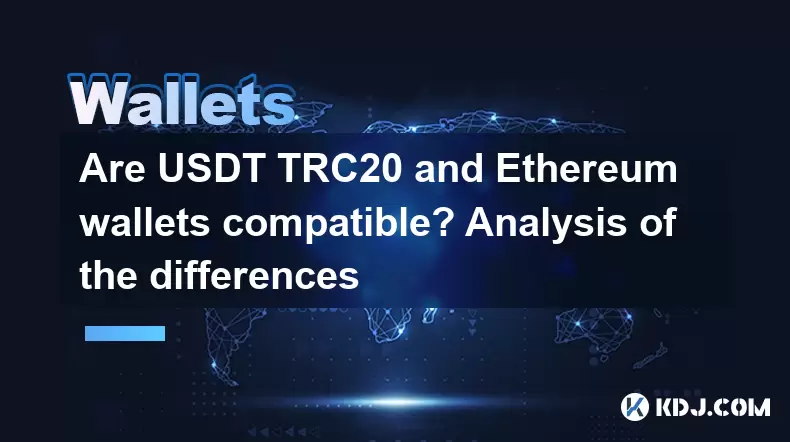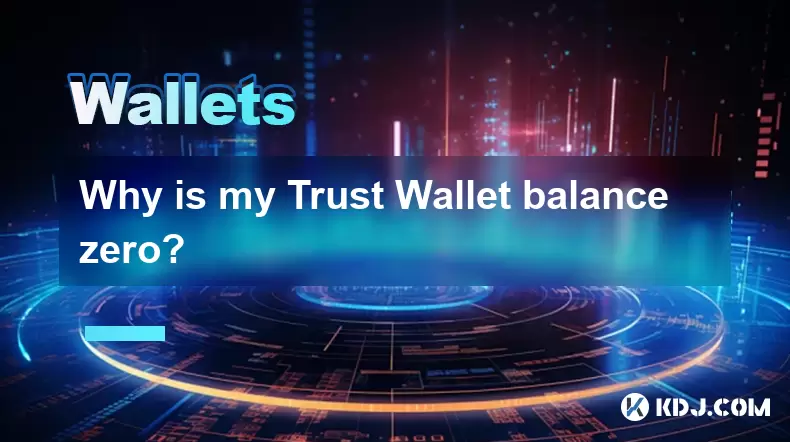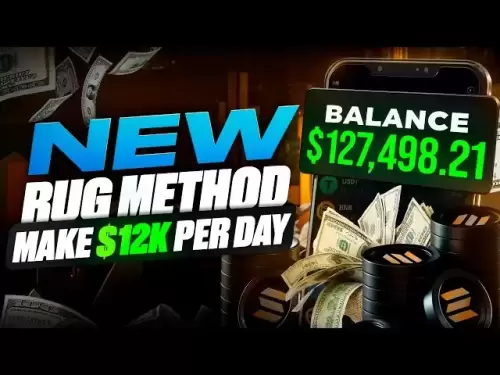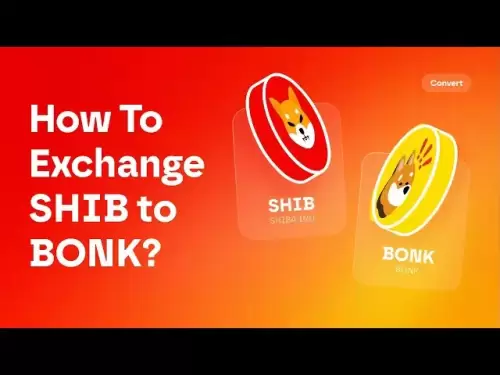-
 Bitcoin
Bitcoin $112400
-1.07% -
 Ethereum
Ethereum $3409
-3.27% -
 XRP
XRP $2.784
-6.60% -
 Tether USDt
Tether USDt $0.9997
-0.03% -
 BNB
BNB $739.3
-2.09% -
 Solana
Solana $158.0
-2.90% -
 USDC
USDC $0.9998
-0.02% -
 TRON
TRON $0.3213
-0.94% -
 Dogecoin
Dogecoin $0.1929
-5.01% -
 Cardano
Cardano $0.6974
-2.82% -
 Hyperliquid
Hyperliquid $36.69
-2.31% -
 Sui
Sui $3.327
-4.80% -
 Stellar
Stellar $0.3672
-5.18% -
 Chainlink
Chainlink $15.65
-3.07% -
 Bitcoin Cash
Bitcoin Cash $525.0
-1.68% -
 Hedera
Hedera $0.2291
-6.00% -
 Avalanche
Avalanche $20.91
-2.96% -
 Ethena USDe
Ethena USDe $1.000
0.00% -
 Toncoin
Toncoin $3.520
-1.12% -
 UNUS SED LEO
UNUS SED LEO $8.968
0.14% -
 Litecoin
Litecoin $105.7
0.26% -
 Shiba Inu
Shiba Inu $0.00001181
-1.79% -
 Polkadot
Polkadot $3.492
-2.08% -
 Uniswap
Uniswap $8.800
-3.10% -
 Dai
Dai $0.9999
-0.01% -
 Monero
Monero $289.9
-3.17% -
 Bitget Token
Bitget Token $4.243
-1.27% -
 Pepe
Pepe $0.00001006
-3.67% -
 Cronos
Cronos $0.1248
-5.68% -
 Aave
Aave $249.7
-2.50%
Are USDT TRC20 and Ethereum wallets compatible? Analysis of the differences
USDT exists on both Ethereum (ERC-20) and Tron (TRC20), but they aren't interchangeable—ensure wallet compatibility to avoid irreversible fund loss.
Jun 13, 2025 at 05:28 pm

Understanding the Fundamentals of USDT TRC20 and Ethereum
USDT, or Tether, is a stablecoin that maintains a 1:1 peg with the U.S. dollar. It operates on multiple blockchain networks, including Ethereum (ERC-20) and Tron (TRC20). While both versions represent the same asset—Tether USD—their compatibility across wallets depends heavily on the underlying blockchain protocols.
The TRC20 standard is specific to the Tron network, while the ERC-20 standard is native to Ethereum. Each has its own set of technical specifications, transaction fees, and network speed characteristics. Because these are separate blockchains, they do not inherently communicate with each other. Therefore, a wallet designed for Ethereum may not support TRC20 tokens without explicit integration.
Wallet Compatibility: What You Need to Know
Not all wallets are created equal when it comes to supporting different token standards. A wallet compatible with ERC-20 tokens like USDT on Ethereum does not automatically support TRC20 tokens unless it explicitly states multi-chain functionality.
For example:
- MetaMask supports only Ethereum-based assets, including ERC-20 tokens.
- Trust Wallet and TokenPocket offer support for both Ethereum and Tron blockchains, allowing users to manage both USDT TRC20 and USDT ERC-20 within the same interface.
Before sending or receiving USDT, users must ensure their wallet supports the correct network. Sending TRC20 USDT to an ERC-20 address can result in irreversible loss of funds.
Technical Differences Between USDT TRC20 and USDT ERC-20
Although both types of USDT serve the same purpose, there are notable differences between them:
- Blockchain Network: TRC20 runs on the Tron blockchain, whereas ERC-20 operates on Ethereum.
- Transaction Speed and Fees: TRC20 transactions are generally faster and cheaper compared to ERC-20 due to Tron's higher throughput and lower energy costs.
- Smart Contract Capabilities: Ethereum offers more mature smart contract functionality, which makes ERC-20 tokens more widely accepted in decentralized finance (DeFi) applications.
- Address Format: The format of addresses differs slightly, although visually they may appear similar. TRC20 addresses often start with a "T", while ERC-20 addresses begin with "0x".
These distinctions mean that interoperability between TRC20 and ERC-20 is limited without third-party bridges or centralized exchanges facilitating cross-chain transfers.
How to Safely Manage Both USDT TRC20 and USDT ERC-20
Managing both types of USDT requires careful attention to avoid fund loss. Here’s how to proceed safely:
- Use a Multi-Chain Wallet: Choose a wallet like Trust Wallet, TokenPocket, or Math Wallet that supports both Ethereum and Tron networks.
- Select the Correct Network When Receiving Funds: Always verify whether you're generating a TRC20 or ERC-20 deposit address before sharing it.
- Double-Check Transaction Details Before Confirming: Review the recipient address, amount, and selected network to prevent misdirected transfers.
- Avoid Using Exchange Deposit Addresses for Cross-Network Transfers: Sending TRC20 to an exchange's ERC-20 deposit address can lead to permanent loss unless the exchange supports both versions.
By adhering to these precautions, users can securely handle both USDT TRC20 and USDT ERC-20 without risking their digital assets.
Risks of Mixing TRC20 and ERC-20 Tokens
One of the most common mistakes among crypto users is sending TRC20 USDT to an ERC-20 address, or vice versa. This error typically results in funds being lost permanently, as the receiving blockchain cannot recognize or process the foreign token.
Some risks include:
- Irreversible Transactions: Once sent to the wrong network, recovery is nearly impossible unless the receiving party controls the private keys of the destination address.
- Exchange Support Limitations: Some exchanges only support one version of USDT, so depositing the wrong type could result in no credit to your account.
- Lack of Awareness Among Users: Many beginners aren’t aware of the distinction between TRC20 and ERC-20, leading to costly errors.
To mitigate these risks, always confirm the network type before initiating any transfer and use wallets or platforms that clearly indicate the supported standards.
Frequently Asked Questions
What happens if I send TRC20 USDT to an ERC-20 wallet?
If you send TRC20 USDT to an ERC-20 wallet address, the transaction will likely go through but will not be recognized by the Ethereum network. The funds may be irretrievably lost unless the wallet provider or exchange has a recovery mechanism in place.
Can I convert TRC20 USDT to ERC-20 USDT directly in my wallet?
Most wallets do not support direct conversion between TRC20 and ERC-20. To switch between the two, you usually need to use a centralized exchange or a cross-chain bridge service that facilitates such conversions.
Which USDT version is better for international transfers?
It largely depends on the recipient’s capabilities. If both parties support multi-chain wallets, either version works. However, TRC20 USDT is often preferred for low-cost, fast transfers, while ERC-20 USDT is better integrated into DeFi platforms.
Is there a way to check if my wallet supports TRC20 and ERC-20?
Yes. Most wallet apps allow you to add custom networks or display available token standards. For example, Trust Wallet allows adding the Tron network manually via settings, enabling TRC20 support. Always refer to your wallet’s documentation or support section for details.
Disclaimer:info@kdj.com
The information provided is not trading advice. kdj.com does not assume any responsibility for any investments made based on the information provided in this article. Cryptocurrencies are highly volatile and it is highly recommended that you invest with caution after thorough research!
If you believe that the content used on this website infringes your copyright, please contact us immediately (info@kdj.com) and we will delete it promptly.
- BlockDAG, SEI, Ethena: Top Crypto Performers Under the Microscope
- 2025-08-03 10:50:16
- Bitcoin Blasts Past $119K: How Institutional Adoption and Macro Shifts Fuel the Fire
- 2025-08-03 10:55:16
- Crypto, Grok, and August: Decoding the Latest Trends and Insights
- 2025-08-03 11:10:16
- Crypto, Phishing, and Your Wallet: A New Yorker's Guide to Staying Safe
- 2025-08-03 10:30:16
- Troller Cat Meme Coin Presale Soars: A New King in the Crypto Jungle?
- 2025-08-03 10:30:16
- Grayscale, Altcoin Trust, and Mid-Cap Mania: What's the Deal?
- 2025-08-03 08:50:16
Related knowledge

What is a watch-only wallet in Trust Wallet?
Aug 02,2025 at 03:36am
Understanding the Concept of a Watch-Only WalletA watch-only wallet in Trust Wallet allows users to monitor a cryptocurrency address without having ac...

How to fix a stuck pending transaction in Trust Wallet?
Aug 03,2025 at 06:14am
Understanding Why Transactions Get Stuck in Trust WalletWhen using Trust Wallet, users may occasionally encounter a pending transaction that appears t...

What is a multi-coin wallet in Trust Wallet?
Aug 03,2025 at 04:43am
Understanding Multi-Coin Wallets in Trust WalletA multi-coin wallet in Trust Wallet refers to a digital wallet that supports multiple cryptocurrencies...

How to switch between networks in Trust Wallet?
Aug 02,2025 at 12:36pm
Understanding Network Switching in Trust WalletSwitching between networks in Trust Wallet allows users to manage assets across different blockchains s...

How to check my full transaction history on Trust Wallet?
Aug 02,2025 at 09:24am
Understanding Transaction History in Trust WalletTrust Wallet is a widely used non-custodial cryptocurrency wallet that supports a broad range of bloc...

Why is my Trust Wallet balance zero?
Aug 02,2025 at 03:49am
Understanding Trust Wallet Balance Display IssuesIf you're seeing a zero balance in your Trust Wallet despite knowing you've previously received or se...

What is a watch-only wallet in Trust Wallet?
Aug 02,2025 at 03:36am
Understanding the Concept of a Watch-Only WalletA watch-only wallet in Trust Wallet allows users to monitor a cryptocurrency address without having ac...

How to fix a stuck pending transaction in Trust Wallet?
Aug 03,2025 at 06:14am
Understanding Why Transactions Get Stuck in Trust WalletWhen using Trust Wallet, users may occasionally encounter a pending transaction that appears t...

What is a multi-coin wallet in Trust Wallet?
Aug 03,2025 at 04:43am
Understanding Multi-Coin Wallets in Trust WalletA multi-coin wallet in Trust Wallet refers to a digital wallet that supports multiple cryptocurrencies...

How to switch between networks in Trust Wallet?
Aug 02,2025 at 12:36pm
Understanding Network Switching in Trust WalletSwitching between networks in Trust Wallet allows users to manage assets across different blockchains s...

How to check my full transaction history on Trust Wallet?
Aug 02,2025 at 09:24am
Understanding Transaction History in Trust WalletTrust Wallet is a widely used non-custodial cryptocurrency wallet that supports a broad range of bloc...

Why is my Trust Wallet balance zero?
Aug 02,2025 at 03:49am
Understanding Trust Wallet Balance Display IssuesIf you're seeing a zero balance in your Trust Wallet despite knowing you've previously received or se...
See all articles

























































































